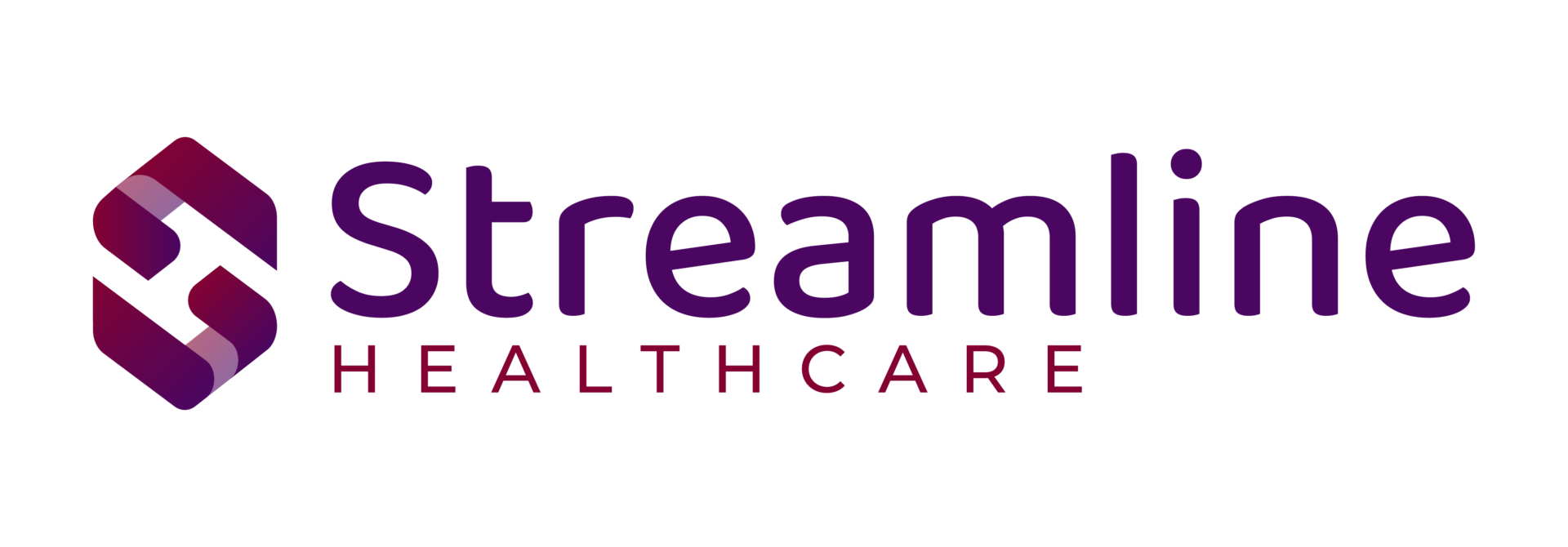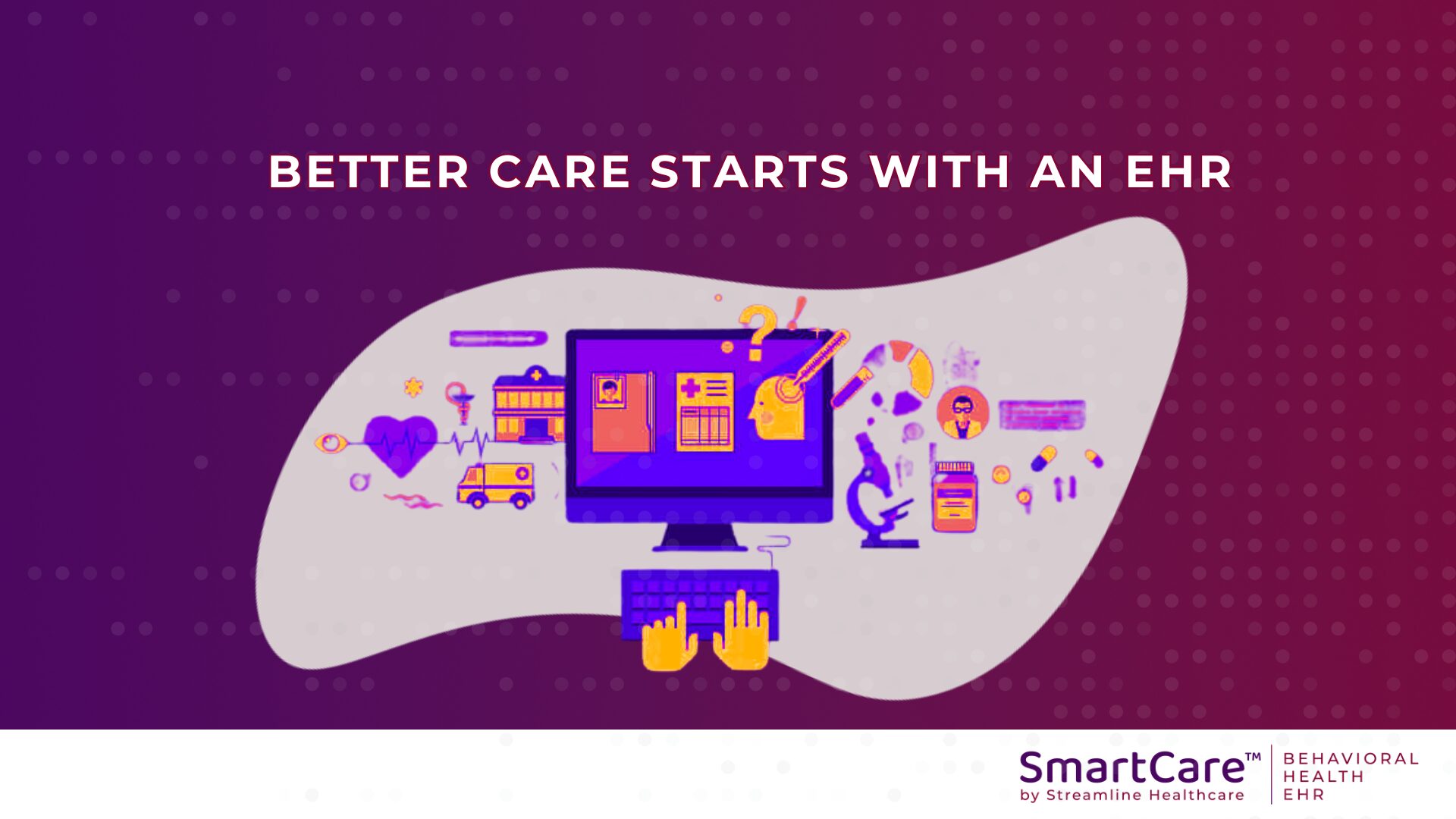When it’s time to consider a new EHR and other behavioral health solutions, many providers turn to resellers for their software, rather than purchasing directly from the vendor.
What is an EHR software reseller?
EHR software developers may sell their products directly to healthcare organizations or providers, or they may work with other businesses that sell the software solution to buyers.
These resellers operate as middlemen between a software developer and the buyer under what are often called value-added reseller programs. They may purchase the software from the developer and sell it for a profit, or they may receive a commission from the developer.
Software developers may work with resellers for a variety of reasons:
- The reseller may provide additional services, such as customer service and implementation.
- The developer may sell an older or scaled-down version of their software through resellers to generate additional revenue.
- Software companies may reach wider markets through resellers.
- Resellers may help software companies sell their solutions faster.
The decision whether or not to buy from an EHR reseller has both pros and cons, and ultimately depends on your specific needs. Here are a few things to be aware of when considering a reseller:
1. Know your priorities when comparing products.
Before you start looking for a software vendor, determine what you need most. Is budget at the top of your mind? Do you need a lot of help implementing the software? Would you use 24/7 customer service?
Sometimes a software vendor works with a reseller because they want to focus on creating the product, leaving the reseller to manage the customer service and software implementation. In this case, working with a reseller may make the most sense for buyers.
However, the software developer may offer a full range of services with their products, including implementation, training, and troubleshooting. A reseller that offers software at a lower price may, in fact, be offering a version of the product that may be outdated or has fewer features than what the vendor offers.
2. Know how to spot reseller agreements.
If you already know you don’t want to buy from a reseller, be aware that not all resellers refer to themselves as such. When choosing whether to purchase a certain solution, look for keywords like:
- Associate
- Affiliate
- Partner
- Retailer
- Distributor
- Third-party
- Value-added reseller
- Secondary market
Any of these titles may indicate a reseller program.
3. Check the product marketing and reviews carefully.
A reseller’s software marketing may not always match the developer’s intent. Although many agreements may have certain requirements or restrictions for the reseller, resellers may have changed product descriptions, photos, and other parts of a product’s branding or marketing.
When using reviews as part of your buying decision, be aware of the possibility of contradicting or confusing information. When resellers are involved, it may be difficult to tell the difference between reviews of the reseller or the product itself. Users may give negative reviews to an excellent product if they had a negative experience with the reseller.
4. Understand what you are getting with the reseller.
If you decide to work with a reseller rather than buying directly from a healthcare software developer, make sure you understand everything the purchase includes. Depending on the agreement, the reseller may be limited in what they can offer to buyers compared to the developer.
Here are some questions you can ask the reseller:
- Does the purchase include patches and updates?
- Is there 24/7 customer support?
- How is the software hosted?
- Who is responsible for data protection? What data security measures are in place?
It is especially important to ask these questions if the reseller offers a lower price than the vendor.
5. Check the software’s licensing.
When dealing with resellers, some software comes with licensing and other restrictions that can limit the user experience. For example, software sold with an Original Equipment Manufacturer (OEM) license may only be usable on a single machine, and may have limited upgrade or support options.
Be cautious also about volume or enterprise-licensed products. Software developers may offer a unique license and volume discounts when providing software to an organization with hundreds of users or more. Unscrupulous actors may attempt to sell unused portions of that volume license below market value, in violation of the original agreement and even copyright. To avoid these situations, be wary of any agreement or sale that seems “too good to be true.”
Working with a partner that offers it all
While reseller agreements can offer benefits to both developers and buyers, Streamline believes it is important that behavioral health providers have a one-on-one relationship with their software vendors. We believe you should get your information and your support directly from the team who knows the software best.
That’s why we don’t outsource any selling or support services for our SmartCare platform; we work directly with our clients to make sure you get the most out of your EHR solution. Contact Streamline today to learn more about how the most intuitive application for behavioral health providers can help empower your organization.




